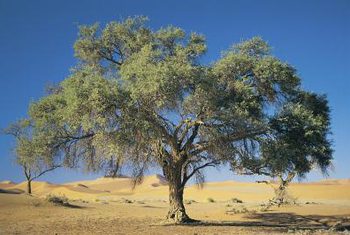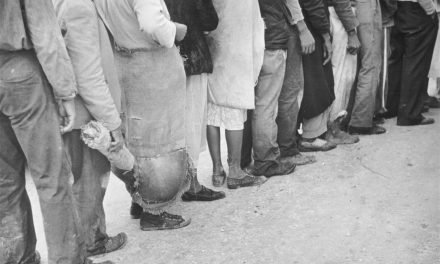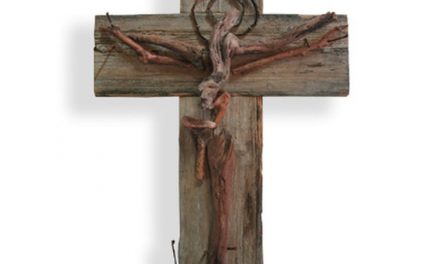EZ 17:22-24
PS 92:2-3, 13-14, 15-16
2 COR 5:6-10
MK 4:26-34
For us in the northern hemisphere, this Sunday’s scriptures match our experience of the weather and the growing season. We are nearly to the summer solstice, the trees have done their springtime work of creating leafy tops, and now we have spots of shade.
So Ezekiel has a story for us about cedar trees – God will take the top off one of them, plant it on a mountain, and it will grow and eventually enough to house birds and other living things. It’s more than a little humorous. Imagine taking the top of any tree and then planting it. That little scrap will seem unlikely to do much of anything, let alone grow to house anything. On a bare mountain top, such a prospect seems even more unlikely!
Yet Ezekiel says:
And all the trees of the field shall know that I, the LORD,
bring low the high tree, lift high the lowly tree,
wither up the green tree, and make the withered tree bloom.
Jesus has a story about trees, too. Take a mustard seed (a black one, by the way, the Jerusalem kind, which are quite a bit smaller than our yellow mustard seeds here in the West – no larger than the period dot at the end of this sentence) and plant it. It will eventually become a tree, big enough that birds can house in its branches. This story, too, is humorous. Those little black mustard seeds will grow into trees (contrary to our Western mustard seeds that show up as shrubs). But the trees are, in fact, rather spindly and stubby. One wouldn’t imagine birds could nest there either.
What can we learn from these shady stories, especially in relation to moral life? One obvious lesson is that we might compare these trees to our own lives and our own efforts. God’s kingdom, and our part in it, begins quite inauspiciously. We can see, most days, that our own attempts to be and do good can seem paltry, worthless even. I was reminded of that this past week, when I attended a demonstration against the current administration’s policy of separating children from parents (a practice the bishops have roundly condemned as being against life). Many of us in attendance thought, “What will this really do?” Yet each of us had the vision that if we weren’t speaking out, not even the tiny mustard seed would have a chance to grow. Persistence of faith in what we cannot yet see or know are certainly part of the week’s lesson.
Yet there is more to be thought about in our moral life, for earlier in today’s Gospel passage, Jesus has a different story about seeds. A man scatters seed on the ground and then goes to sleep; while he’s sleeping, things happen with the seed and it grows till it becomes a mature plant ready for harvest.
I imagine the man is surprised – for he “knows not how” these things happen. Even we today, with our knowledge of flowering plants, do not always know what causes some seeds to flourish and others never to take root. More than that, no activity of ours can do any of the actual work of the leaves and roots growing from that seed – though of course we can provide as good an environment as we are able. The man sows the seed, does what he can, and then goes to sleep.
Thus, the other, less visible, moral lesson here is that moral life is not only about doing actions even against the odds (and which might take great courage, as St. Paul tells us in our Epistle reading). Moral life is also – and perhaps even more crucially – setting up an environment that enables God to do God’s work. The seeds of our lives – they might be our families, our workplaces, our friends, our neighborhoods, and more – all of these need a good environment. And creating a good environment is perhaps more difficult than any one particular action.
I think the question – a creative question at that – for us this week is: what kind of environment enables God to do the work of God’s own kingdom? And what do we need to do to bring that about? Perhaps it is in examining whether the structure of our lives enables the kind of hospitality and generosity that Jesus preached. Perhaps it is in allowing more prayer and silence to be in our lives. Perhaps it is in giving our children space to encounter God.




